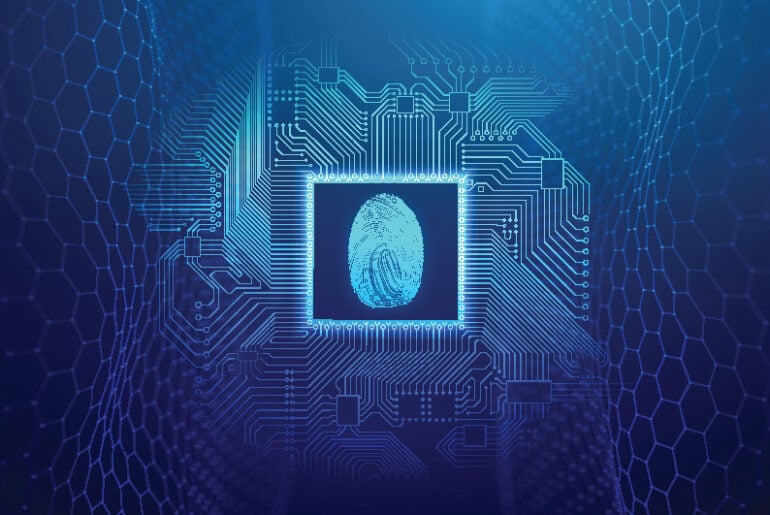This past year brought the rapid rise of ChatGPT and other generative AI platforms, accompanied by several noteworthy legal and regulatory developments. 2024 promises to continue with technology advances, making it a pivotal year for businesses navigating global data privacy and cybersecurity risks. Our Baker McKenzie Top 10 predictions for 2024 follow. AI-enhanced cyber threats will increase globally. Threat actors will continue to leverage AI for increasingly sophisticated attacks, exploiting new technologies to enable highly-personalized…
In
Cybersecurity
The 2024 Baker McKenzie “Top 10” Predictions on Global Data Privacy and Cybersecurity Risks
by Flavia Amaral, Vinod Bange, Cynthia Cole, Elisabeth Dehareng, Rachel Ehlers, Dr Lukas Feiler, Diego Ferrada, Francesca Gaudino, Brian Hengesbaugh, Bryant Isbell, Andy Leck, Theo Ling, Cristina Messerschmidt, Teresa Michaud, Carolina Pardo, Anne Petterd, Justine Phillips, Elizabeth Roper, Kensaku Takase, Jerome Tomas, Cyrus R. Vance Jr. and Carlos Vela-Trevino
5 Mins Read









